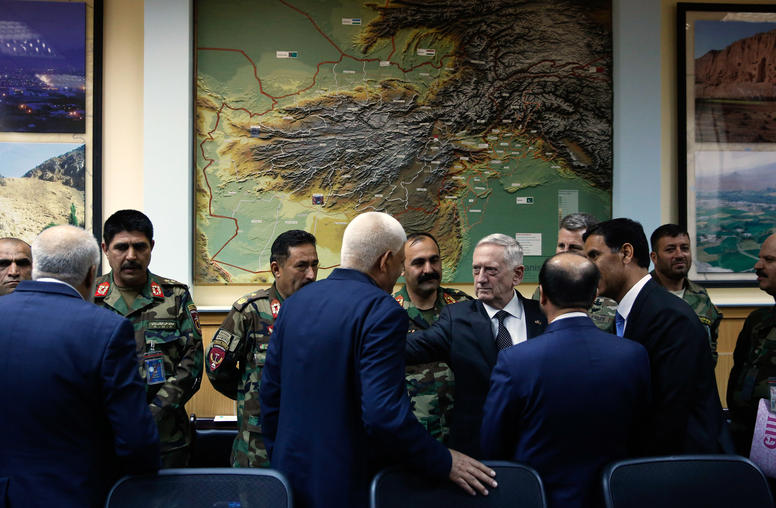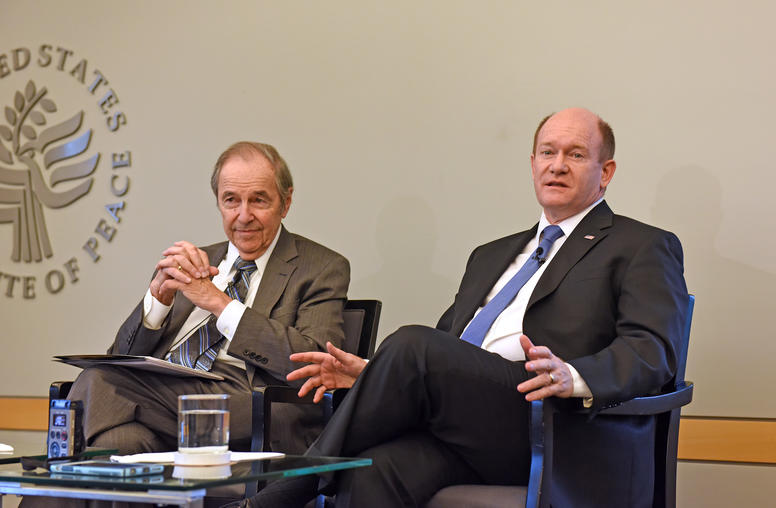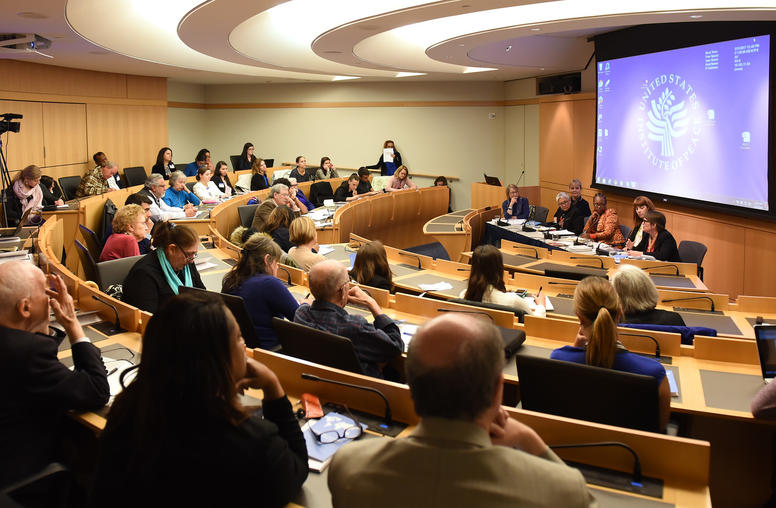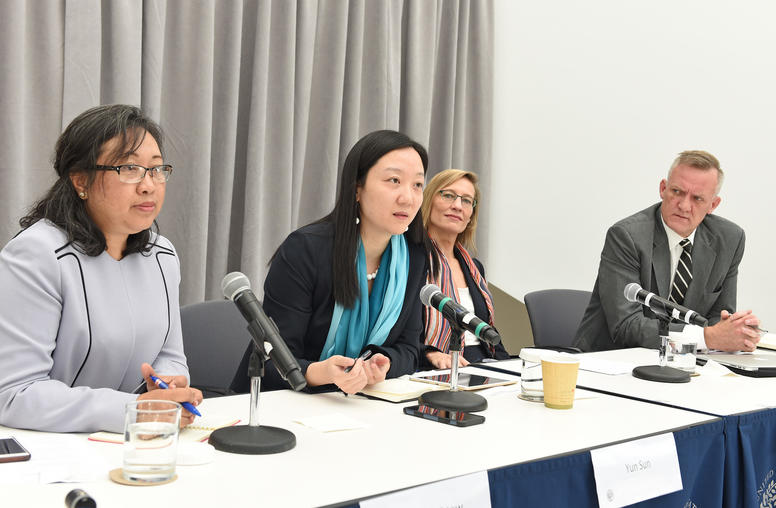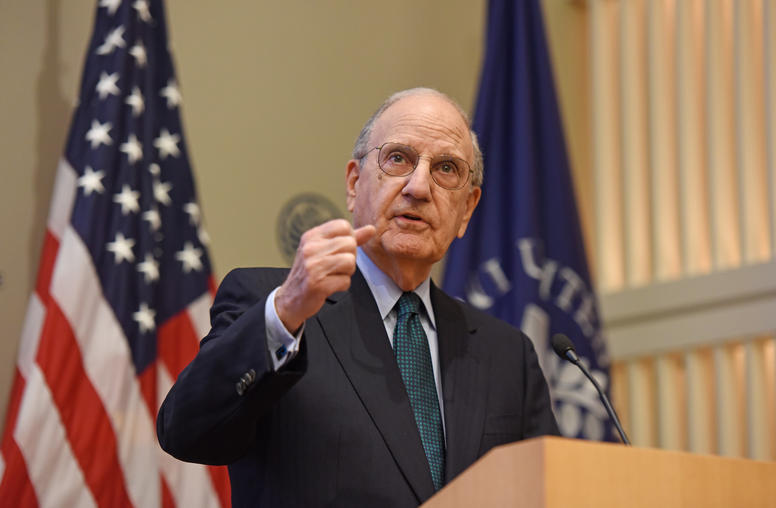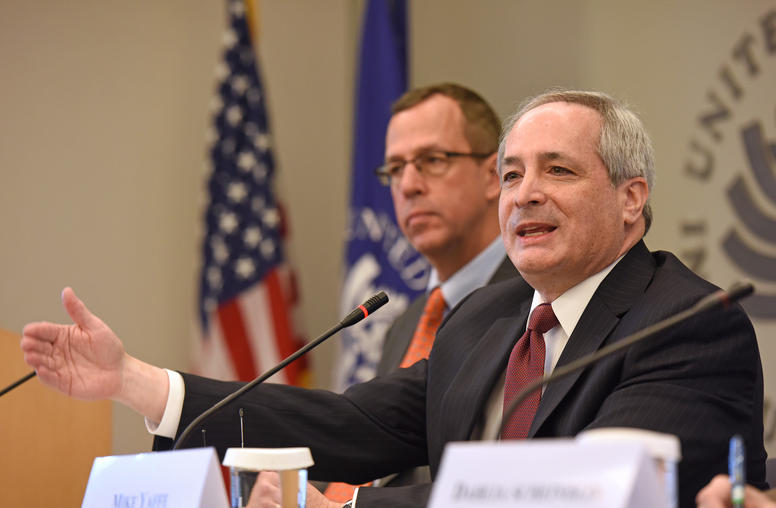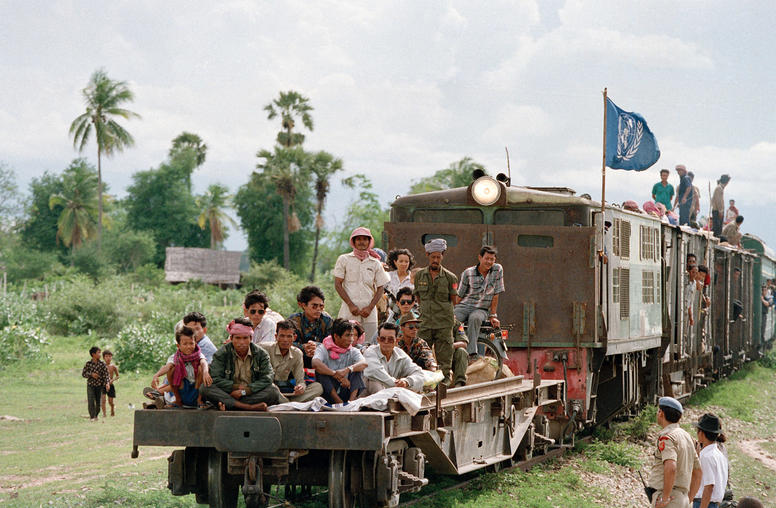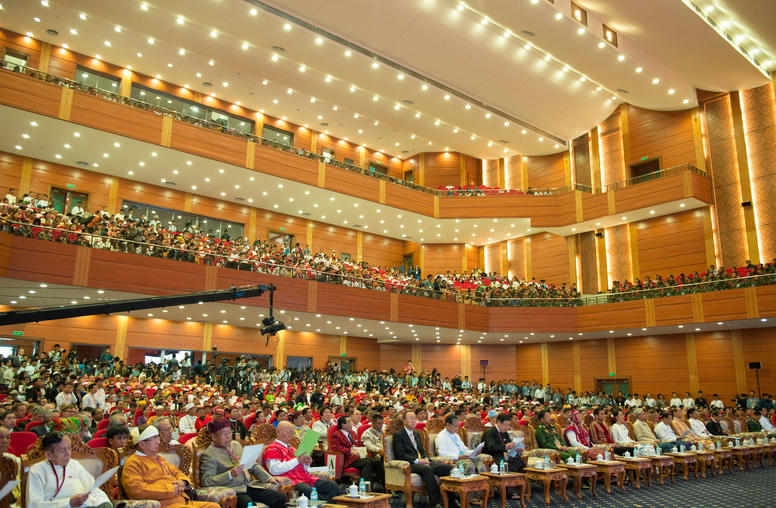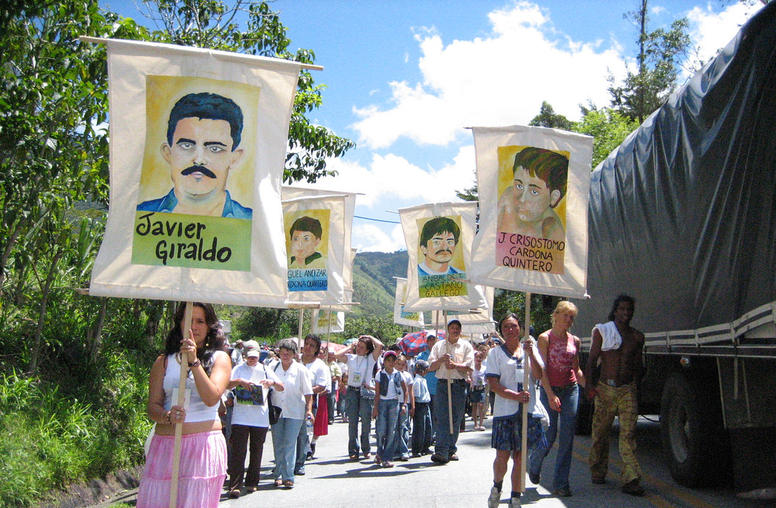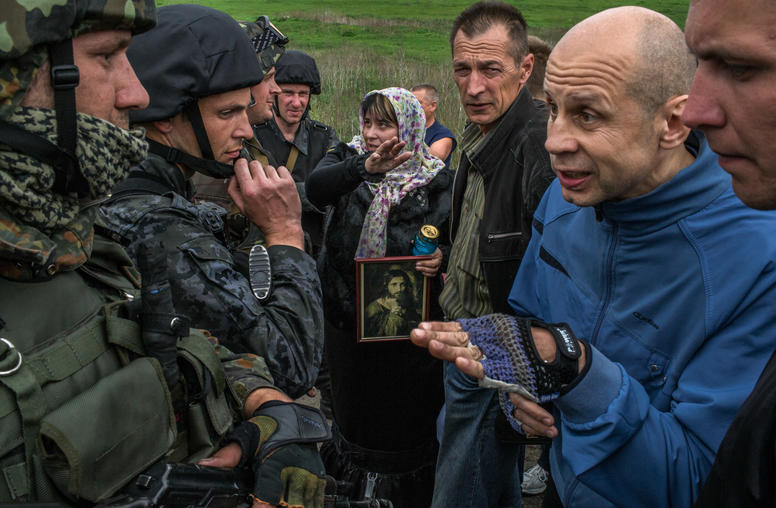
‘People Power’ and Peacebuilding: Can They Collaborate?
After decades in which the fields of nonviolent action and conflict resolution have evolved separately, new reports underscore that they need to collaborate to prevent social conflicts from turning violent and to build more inclusive societies. On July 26, USIP and its partners reviewed this research and discussed how these distinct paths for seeking sustainable peace can be better combined.
